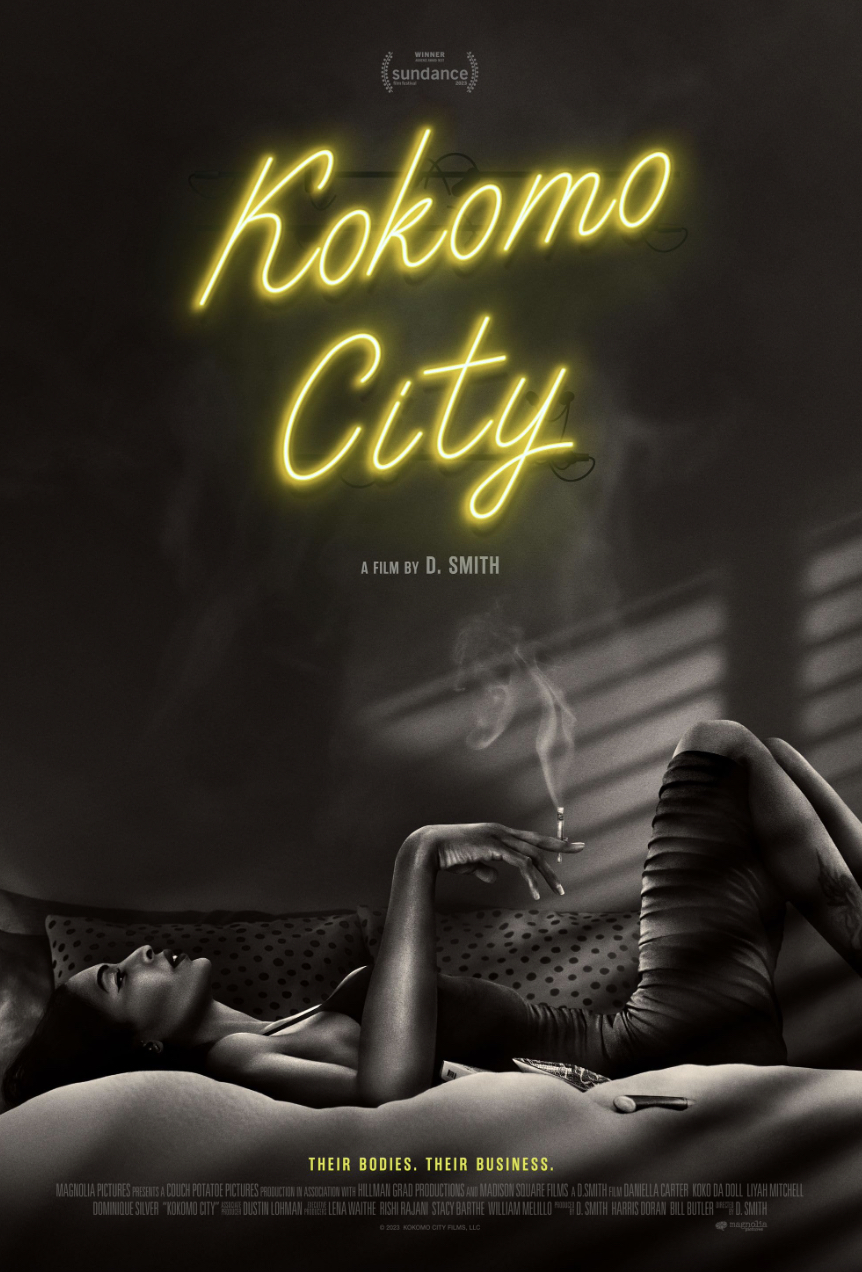It’s fascinating how life has its serendipitous moments. I had worked with Dominique Silver, now a pop culture icon and a supermodel of repute, in front of what was once the Cinematheque of South Beach. Fast forward to the present, I watched her shine brilliantly in “Kokomo City,” a poignant documentary by D. Smith that has garnered 15 world movie awards and counting.
The documentary provides a raw depiction of the lives of four black trans sex workers, emphasizing the dichotomy between the black community and themselves. The entire experience was riveting, and it took me on an emotional roller coaster. I felt intertwined with the stories of these incredible individuals, their struggles, and their resilience.
It’s intriguing to realize that sometimes, despite our differences, our emotions, experiences, and feelings echo similarly. As a white cis female, I surprisingly found a reflection of myself in the depths of the stories told by these black trans individuals. These revelations aren’t straightforward; they require introspection, empathy, and the ability to question our beliefs.
One book that had a profound impact on my understanding of unconscious biases is “Blindspot” by Mahzarin R Banaji and Anthony G Greenwald. The book doesn’t just delve into the academic aspect of biases but allows the readers to confront their own through intriguing online tests. As I dug deeper into the narrative, I realized that our biases don’t solely stem from our individual experiences, but largely from the environment and the actions we witnessed growing up. This revelation was pivotal for me. I understood how some of my past experiences had subconsciously formed biases that dictated my decisions for years.
Like many, I had experiences that created lasting impacts on my life. Early physical development, combined with traumatic experiences, led me to harbor a deep-seated bias, especially towards men. These biases influenced my personal and professional decisions, often hindering my growth.
D. Smith, through “Kokomo City,” masterfully used the black and white narrative, possibly hinting at the binary world we live in. The dichotomy of black and white, man and woman, this or that, raises an intriguing question about what lies beyond this binary? A question from the audience during the Q&A resonated with me – what happens when we move beyond these binaries to a world filled with colors, accepting the vast spectrum of human identities?
The very thought challenges the core of our identities. What happens when we no longer label ourselves based on race, gender, religion, or other binaries? How will we define our goals, our life purposes? It’s an exciting, yet challenging thought. Imagining a world where our identities aren’t pre-defined or limited, but rather fluid and expansive, offers hope for a future where empathy and understanding reign supreme.
“Kokomo City” was not just a documentary for me. It was a transformative experience that pushed me to question, empathize, and hope. I believe that the journey from bias to empathy is continuous, and such powerful narratives only propel us further along this path.
For those who’ve yet to witness this cinematic marvel, I urge you to watch “Kokomo City.” Additionally, if you’re keen on a profound introspective journey, “Blindspot” by Banaji and Greenwald is a must-read. Both these works are not only enlightening but essential in our collective journey towards understanding and empathy. Don’t wait; dive into these masterpieces today!
Read review of the book and see purchase link for the book here

